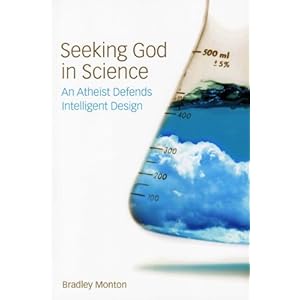Living fossil birch mouse
In “Birch Mouse Ancestor Discovered in Inner Mongolia Is New Species of Rare ‘Living Fossil’”, we learn that tiny fossil teeth (ScienceDaily May 25, 2011)” found in Inner Mongolia are “a new species of birch mouse, indicating that ancestors of the small rodent are much older than previously reported”:17 million years old as opposed to the previous estimate of eight. Kimura identified Sicista primus from 17 tiny teeth, whose size makes them difficult to find. A single molar is about the size of half a grain of rice. The teeth, however, are distinctive among the various genera of rodents known as Dipodidae. Cusps, valleys, ridges and other distinguishing characteristics on the surface of the teeth are identifiable through a microscope. “We are Read More ›

 Fight card
Fight card 
 Lots of people, including us folk at Uncommon Descent are accused of “undermining science.”
Lots of people, including us folk at Uncommon Descent are accused of “undermining science.” One of philosopher Robert Pennock’s arguments for methodological naturalism (which rules out evidence for design in nature in principle, because it cannot be considered) is that “we cannot control the supernatural:”
One of philosopher Robert Pennock’s arguments for methodological naturalism (which rules out evidence for design in nature in principle, because it cannot be considered) is that “we cannot control the supernatural:”